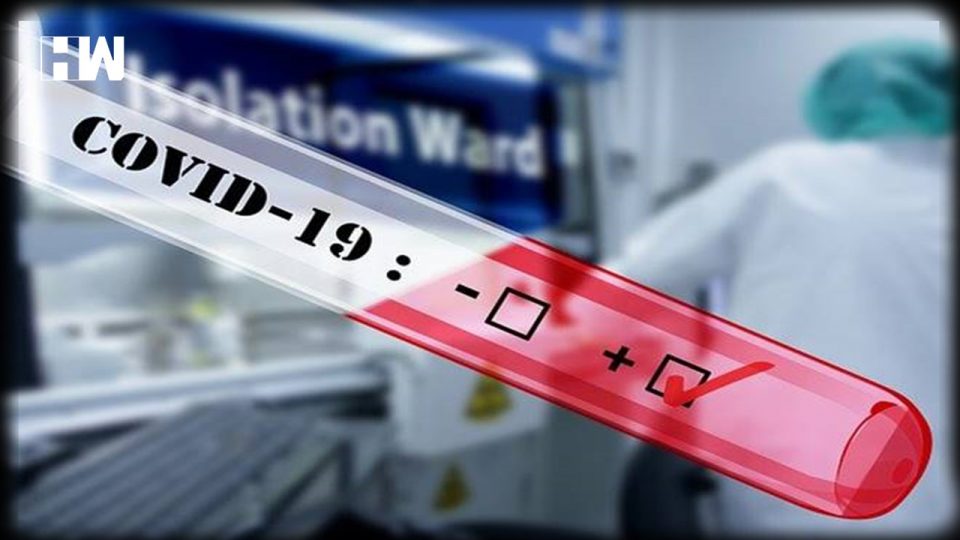Additionally, it requires samples to be stored in a particular solution and transported in a specific kit
NEW DELHI| In India Ramping up tests has been an obstacle to fight against COVID-19 pandemic. The ICMR has given its nod an antigen-based coronavirus test kit that can deliver COVID-19 positivity in just 30 seconds.
In the fresh advisory, the ICMR has validated the test tool called, the “Standard Q COVID-19 Ag Detection Kit.” Developed by South Korean firm SD Biosensor it has its manufacturing unit at Gurgaon, it is the first antigen-based COVID-19 test to be approved by the ICMR.
The new Corona test kit has a definite advantage over the existing testing method, RT-PCR, which takes 2-3 hours in delivering results. One kit of the R-PCR costs around Rs 2,500.
Additionally, it requires samples to be stored in a particular solution and transported in a specific kit. It pushes up the cost. Currently, the testing is capped at Rs 4,500.
With the new testing kit, the coronavirus positivity could be known in one-fourth to one-sixth time-lag at a cost as little as Rs 500. The kit is portable and can be used in the field. This means an on-site diagnosis of COVID-19 is possible.
This development comes at a time when India is testing around 1.5 lakh samples a day and aims to increase it manifold in the backdrop of massive rise in the number o fresh coronavirus cases over the last two-three weeks.
According to the ICMR advisory, the Standard Q COVID-19 Ag Detection Kit has a specificity rate of 99.3100% for negative cases. This means the accuracy of the COVID-19 test results can be false only in a maximum of 0.7% samples.
For positive case, the sensitivity rate of the test between 50-84% depending on the viral load of patients. Due to high specificity and low sensitivity, the ICMR has said this kit should be used in combination with the current RT-PCR method, considered the gold standard of COVID-19 testing.
This test kit does away with the necessity of taking the samples to a laboratory. But it has a limitation that samples for the test can only be collected using a nasopharyngeal swab.
As an independent media platform, we do not take advertisements from governments and corporate houses. It is you, our readers, who have supported us on our journey to do honest and unbiased journalism. Please contribute, so that we can continue to do the same in future.

